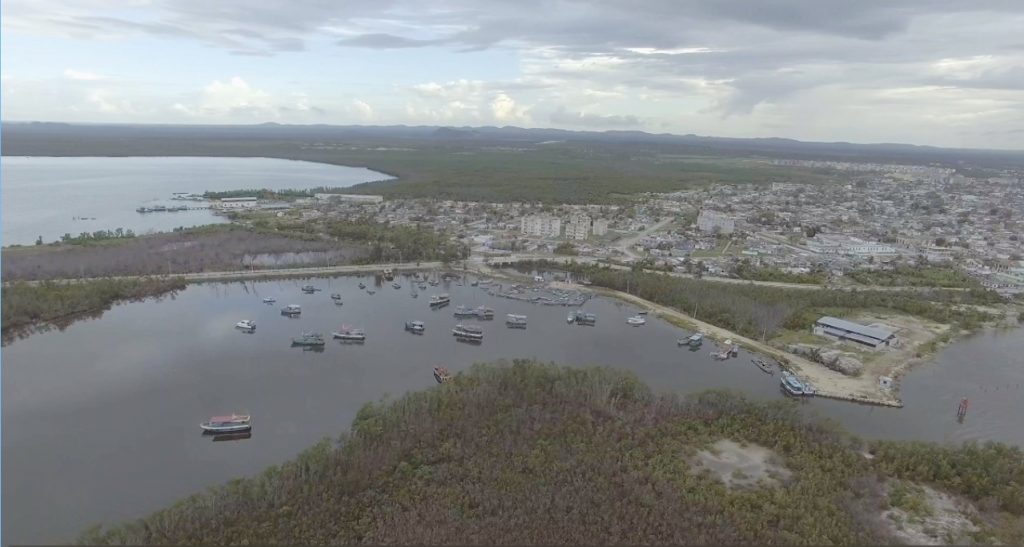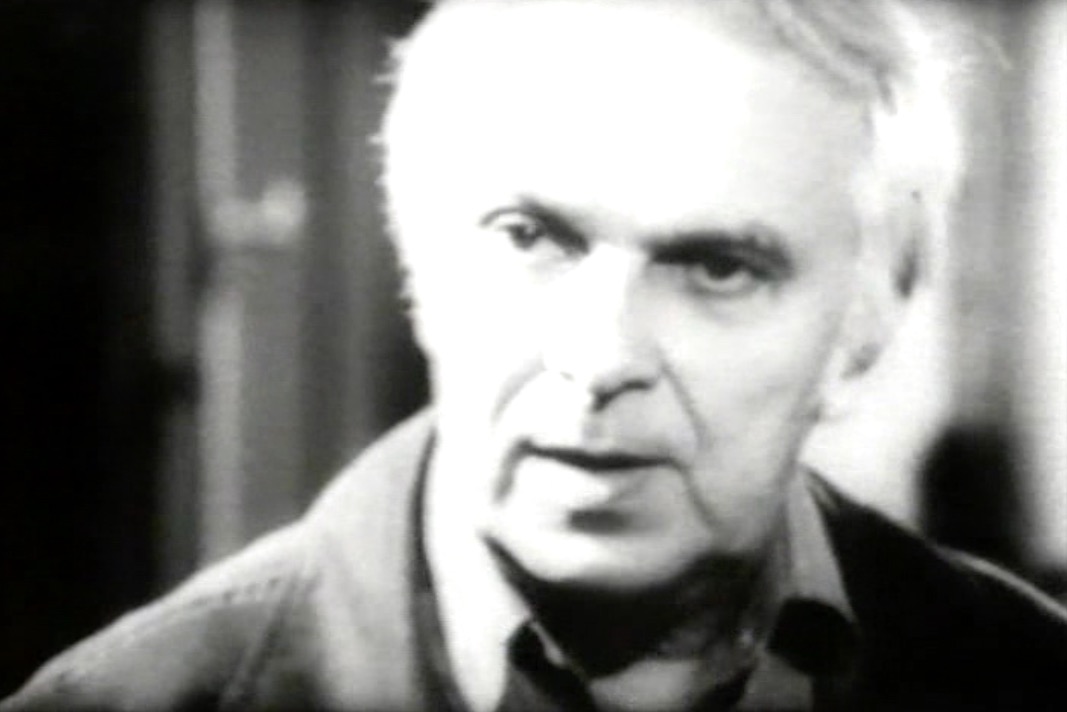Archival Values: A report on losing a documentary archive
Almost thirty years ago, I attended an international seminar at the Babelsberg film school in Berlin, the first time that teachers of documentary from west and east Europe met together to compare notes on pedagogical methods and values. On the second day, Klaus Stanjek, the seminar’s convenor, disappeared and returned later in the day with a van full of film cans. ‘Someone called from the other side of the city,’ he explained, ‘they said people at the old East German film school were about to junk their archive, so I just had to go and rescue what I could before it was too late’, and then he rushed off to get some more. I am put in mind of the episode because I now find myself forced to oversee the loss of an archive that I have myself built up over several decades and which then expanded considerably after I moved to the University of Roehampton in 2007.


 What are the origins of ‘Money Puzzles’ and how do they fit in with your background as a documentarist?
What are the origins of ‘Money Puzzles’ and how do they fit in with your background as a documentarist?